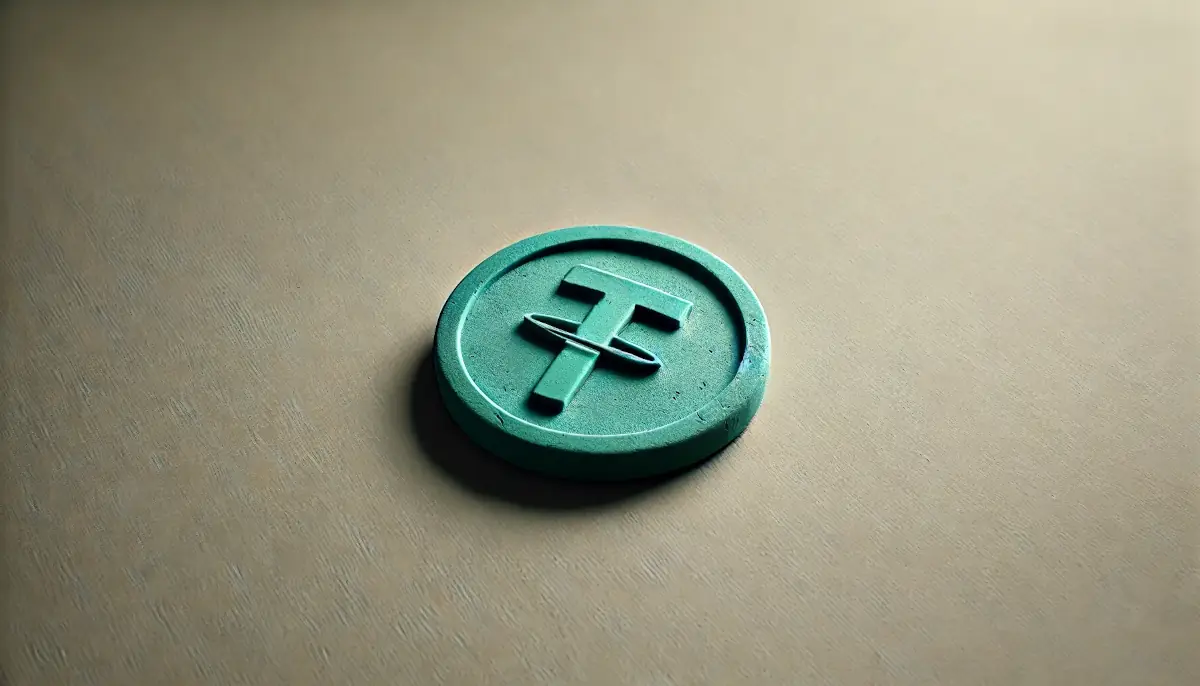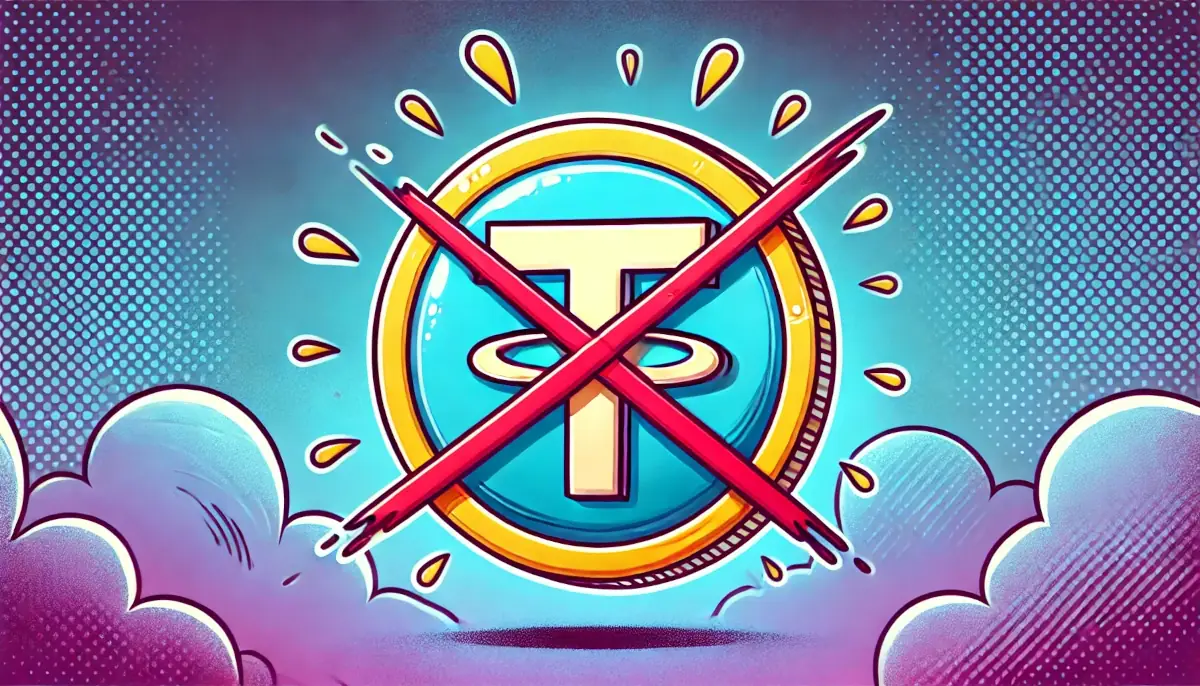Tether, the leading stablecoin issuer, has long faced questions about the transparency of its reserves. Despite claiming that its USDT token is fully backed one-to-one by reserves, the company has yet to provide a full audit to confirm this.
Recently, Tether CEO Paolo Ardoino expressed openness to engaging a Big Four accounting firm for a comprehensive audit. Such a move could address lingering doubts about the company’s financial health and restore confidence among investors.
Challenges in Securing a Full Audit
Ardoino acknowledged that securing a major accounting firm for a full audit might be difficult due to regulatory pressures in the United States. He pointed out that current rules make it challenging for audit firms to take on crypto clients, especially those based outside the U.S.
Despite these obstacles, he remains hopeful that the regulatory environment will improve after the upcoming elections. A more favorable landscape could make a full audit more attainable.
Are Attestations Enough?
Tether has been providing quarterly attestations through accounting firm BDO, showing a surplus of assets over liabilities. However, attestations offer only a limited snapshot of financial data at a specific point in time. They are not as thorough as full audits, which evaluate a company’s entire financial statements over a longer period.
Critics argue that without a full audit by a reputable firm, questions about Tether’s solvency will persist. Some industry experts note that if Tether’s financials are indeed sound, securing an audit from a top accounting firm should not be an issue.
It’s important to consider that even audits are not foolproof, as past financial scandals have shown. However, a comprehensive audit would be a significant step toward greater transparency and could set a new standard for the crypto industry.
Tether’s willingness to pursue a full audit is a positive development. Overcoming regulatory hurdles to secure this audit would go a long way in addressing skepticism. Until then, investors should remain cautious and be aware of the limitations of the current attestations.




